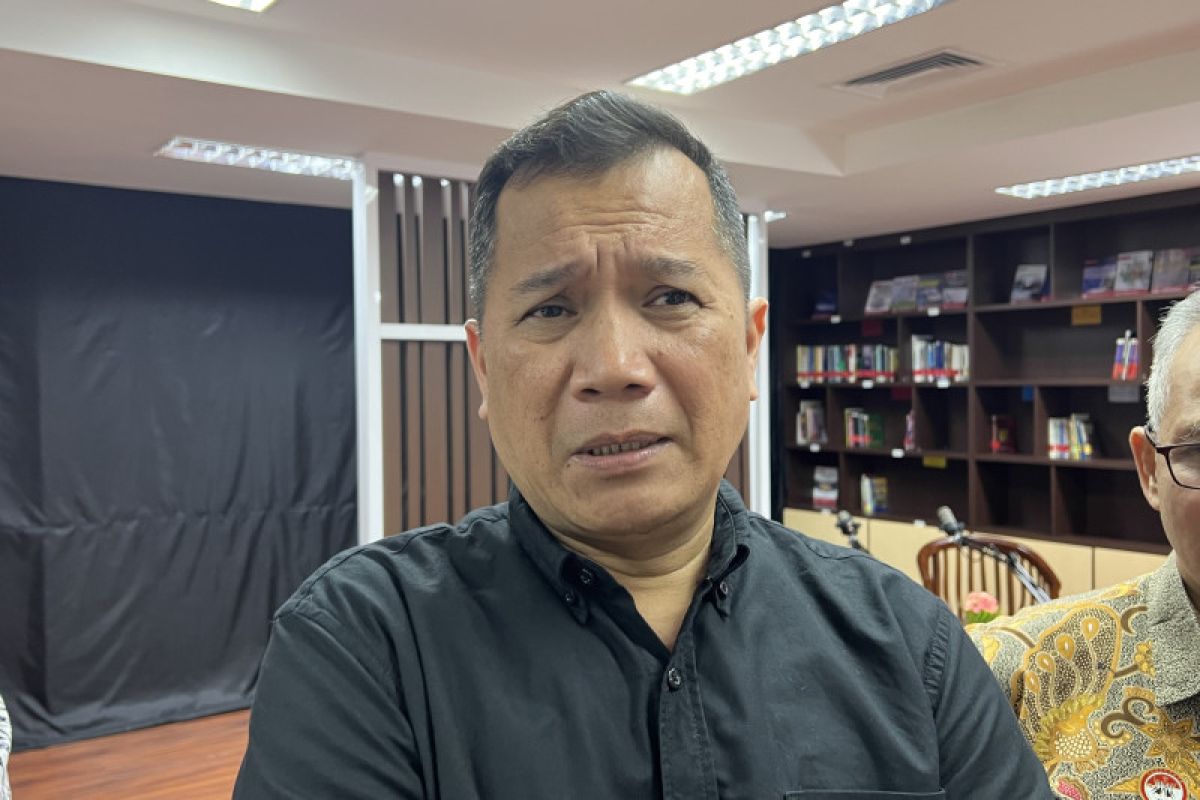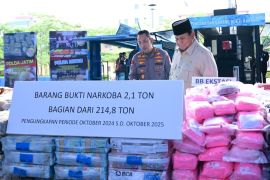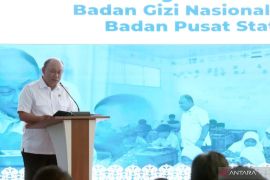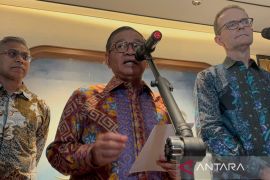"Individuals who can be rehabilitated must meet certain criteria, including not being part of a drug network, testing positive only once during arrest, and not having been rehabilitated more than twice," he said during a media dialogue on “Behind Bars: Correctional Law in Human Rights Perspective” held on Friday.
The revised bill of Law No. 35 of 2009 on Narcotics has included these four criteria to determine eligibility for rehabilitation.
He stated that the current law's eligibility criteria for rehabilitation are unclear, which creates opportunities for compromising with law enforcement officials.
According to him, the large number of drug abusers and addicts accounts for 60 percent of prison overcapacity. He noted that since drug addicts and abusers are sick people, they require rehabilitation.
"Sick people should receive treatment in hospitals instead of being sent to prison. Therefore, drug addicts and abusers should be rehabilitated," he added.
He emphasized the need to revise the Narcotics Law, highlighting that prison overcapacity affects the fulfillment of prisoners' human rights.
He expressed hope that the revision can be completed this year since a considerable amount of time has passed.
Earlier, Minister of Law and Human Rights, Yasonna Laoly, said that his ministry is prioritizing completing discussions on the bill of Second Amendment to Law No. 35 of 2009 concerning Narcotics, which is planned to be merged with the 1997 Psychotropic Drugs Law.
He requested that Commission III of the House of Representatives assist in expediting the bill's completion.
Laoly expressed his hope that the bill would be passed before 2024 since it is included in the 2020-2024 Medium-Term National Legislation Program (Prolegnas).
Related news: BNN uncovers 51 drug networks in 2022
Related news: Ministry changes service scheme for victims of drug abuse
Translator: Putu S, Kenzu
Editor: Anton Santoso
Copyright © ANTARA 2023












